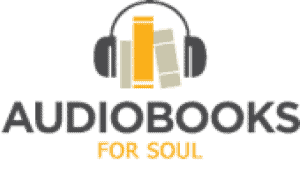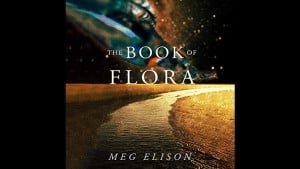The Book of Flora Audiobook: Navigating the Post-Apocalyptic Gender Landscape with Unease and Resilience
As the golden hues of a lazy Sunday afternoon filtered through my window, I found myself nestled in my favorite armchair, headphones at the ready. It was time to embark on another auditory quest, this time through the dystopian realms crafted by Meg Elison in The Book of Flora Audiobook. The room was silent except for the occasional purr from my cat, Pixel, who had taken up residence on my lap – a silent partner in today’s literary expedition.
Meg Elison’s work has always resonated with me; her fierce advocacy for gender equality and women empowerment echoes throughout her narratives. Having devoured Find Layla and The Book of the Unnamed Midwife, I was eager to plunge into the third installment of her Road to Nowhere series. Yet, as I pressed play, little did I know that this journey would be fraught with both narrative highs and performance lows.
The Book of Flora unfolds within a world ravaged by plague, where society clings to gender norms with a ferocity born out of desperation. Here we meet Flora – no mere character but an embodiment of defiance against a system that trades flesh like currency. Her tale is one of survival and identity amidst chaos; it’s about finding your tribe in a world that insists on categorizing you.
Elison’s storytelling prowess is evident; she weaves complex characters and paints a vivid picture of their struggles. Flora’s journey alongside her adopted sullen young slave and friends is both harrowing and uplifting as they seek a place where they can simply be – unshackled from societal expectations. Their refuge aboard a ship where gender fluidity ebbs and flows like the tides is an uneasy sanctuary rife with tension and whispers.
However, while Elison’s written word might dance off the page, Shakina Nayfack’s narration struggled to match its rhythm. The audiobook required a voice that could encapsulate the raw emotion and nuanced dynamics present within Elison’s prose – a task that unfortunately fell short in Nayfack’s delivery. Where there should have been depth, there was often detachment; where nuance was needed, there were notes that struck too plain.
Despite these shortcomings in narration, The Book of Flora remains an important piece within LGBTQ+ fiction – an unflinching look at identity beyond binary constraints amidst apocalyptic ruin. Its themes are timely and resonate deeply with ongoing conversations about gender politics and personal autonomy.
For those who wish to experience this poignant story without investing in its physical form or e-reader copy – and perhaps are willing to overlook some aspects of its audio execution – I bring good news: The Book of Flora Audiobook free listening is available at Audiobooks4soul.com. A silver lining for those eager to delve into Elison’s imagined futurescape without monetary commitment.
Reflecting upon my time spent with The Book of Flora, I am left with mixed emotions – a cocktail stirred with admiration for Elison’s narrative craft yet diluted by an underwhelming auditory portrayal. Nonetheless, it stands as a testament to storytelling’s power to challenge our perceptions about society’s constructs – how even amid destruction, humanity continues its search for belonging.
As Pixel stirs from his slumber signaling an end to our shared escapade into dystopia, I find myself contemplative yet hopeful – for stories like these pave roads toward understanding even when narrated imperfectly. And so I sign off from this review but not from my quest for literature that pushes boundaries and defies expectations.
Eagerly awaiting our next narrative adventure – until then,
Happy listening,
Stephen











